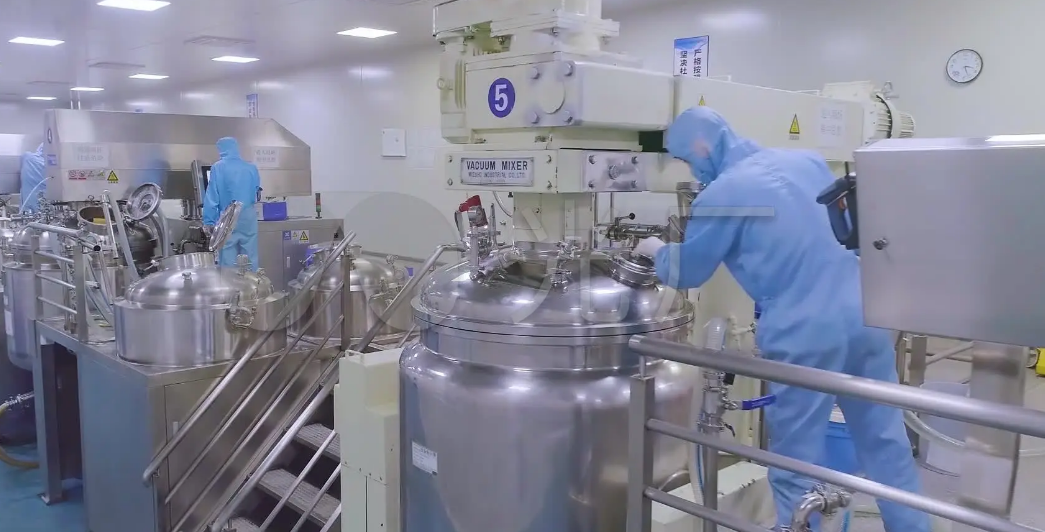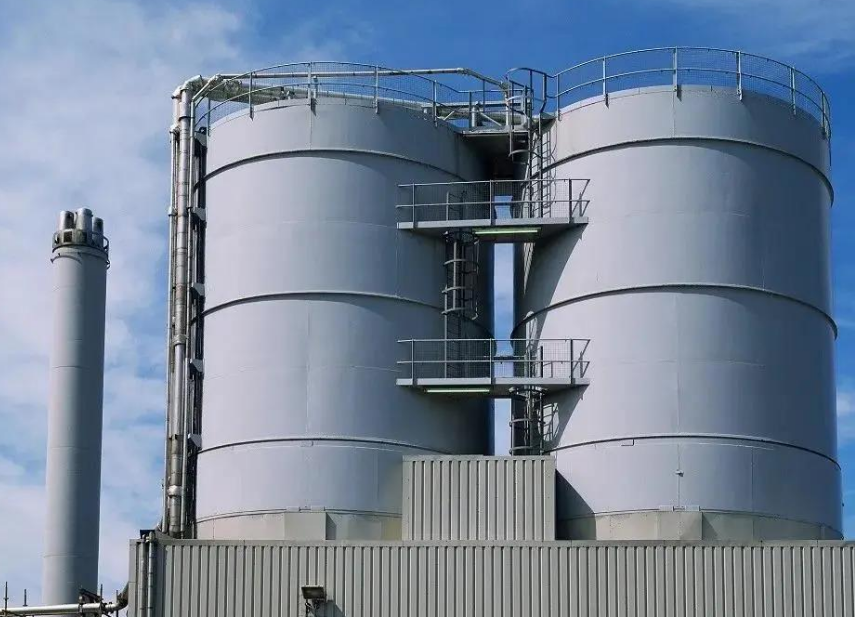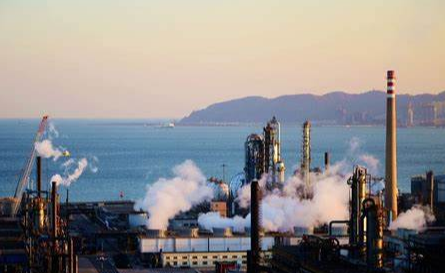Capacity transfer

1.1.2 Natural gas and the European chemical industry: A single issue affecting the whole body
Gas still accounts for a significant share of power generation in Europe. Since the signing of the Paris Climate Agreement in 2015, natural gas power generation in Europe has continued to rise, maintaining about 20% of electricity generation in recent years. Natural gas generated 524TWh of electricity in 21 years, down from 20 years, and the rapid growth in demand and relatively slow supply caused natural gas prices to rise by about 585%, one of the largest energy price shocks since the Opec oil embargo in 1973. Fossil fuels will still account for 37% of EU electricity generation in 2021, and while natural gas is the main driver of this round of fossil energy price increases, the price of coal and carbon emissions has also risen sharply, sending European electricity prices soaring.
Europe will find it difficult to replace Russian gas with other sources in the short term. In 2021, only about 9% of Europe's natural gas source structure will be local production, with the remaining 90% dependent on imports, of which Russia accounts for about 40%. Since 2022, due to geopolitical influences, European gas imports from Russia have been significantly lower than the same period last year. If the EU countries refuse to accept the ruble payment for natural gas bill, it is expected that Russia will gradually stop the supply of natural gas to Europe in late April to May, even if the Russian gas supply is temporarily stopped, Europe will passively accept the high price of natural gas supply status quo. From the perspective of Europe's natural gas import supply capacity, the LNG supply utilization rate in 2021 is less than 40%, while Norway, North Africa and Azerbaijan have basically maintained a high utilization rate. Since 2022, LNG supply has increased significantly, and there is not much spare capacity left. In addition to Russia, the supply capacity of other natural gas import sources is close to saturation, and it is difficult to achieve other sources of replacement in the short term.

1.1.3 The gas crisis may trigger the contraction of European chemical production capacity
The European chemical industry relies on natural gas as its main energy supply. In the energy consumption structure of the European chemical industry, natural gas consumption accounts for 36%. The sharp rise in the price of natural gas since 2021 has significantly pushed up the energy cost of chemicals in Europe, and we have calculated the power generation costs and electricity prices of various energy sources in Europe in detail in the previous industry report "Focusing on the continuation of the boom and electricity price arbitrage opportunities for high-power consumption chemicals", which will not be repeated here. According to VCI data, nearly 30% of the natural gas consumed by the chemical and pharmaceutical industries in Germany is used as a raw material, while the remaining 70% is used to produce steam and electricity. It is foreseeable that in the short term, European chemical production will remain significantly dependent on a stable supply of natural gas, and any supply shocks will have a significant impact on downstream production.
The German-induced cuts could spread across European markets. Germany, as the leader of the European chemical industry, is currently the largest chemical production and consumer in Europe, and the total sales of the European chemical industry in 2020 are nearly 490 billion euros, of which Germany's sales account for 32.1%, exports account for 22.9%, and R&D expenditure accounts for 35.0%, ranking first in Europe. The main chemical parks in Europe are mainly concentrated in Germany, the Netherlands and Belgium, and the final consumption of natural gas energy in the major chemical producers in Europe is more than 20%, of which Germany, Italy and Austria's natural gas imports from Russia account for 54%, 33% and 80% respectively.
1.2 Capacity transfer of overseas chemical industry is expected to accelerate

1.2.1 Under the energy crisis, the pace of overseas capacity transfer is expected to accelerate
European chemical industry shut-down manufacturers and scale or further expansion. In the current context of high energy costs and weak supply stability, superimposed European sanctions on Russia and counter-threats continue to increase, soaring natural gas prices are expected to continue to increase the impact on industries with high energy consumption. Since April 1, European chemical manufacturers, including BASF, have raised the prices of related products. Uniden, a French energy group, estimates that about a fifth of the industrial output of France's 300 largest chemical industry gas users could be cut. At present, some chemical industries represented by chemical fertilizers and other products in Europe have been reducing production and shutting down, and with the possibility of Russian natural gas supply interruption gradually increasing or prices continuing to rise, the scope and scale of subsequent shutdowns may be further expanded.
- ABB
- General Electric
- EMERSON
- Honeywell
- HIMA
- ALSTOM
- Rolls-Royce
- MOTOROLA
- Rockwell
- Siemens
- Woodward
- YOKOGAWA
- FOXBORO
- KOLLMORGEN
- MOOG
- KB
- YAMAHA
- BENDER
- TEKTRONIX
- Westinghouse
- AMAT
- AB
- XYCOM
- Yaskawa
- B&R
- Schneider
- Kongsberg
- NI
- WATLOW
- ProSoft
- SEW
- ADVANCED
- Reliance
- TRICONEX
- METSO
- MAN
- Advantest
- STUDER
- KONGSBERG
- DANAHER MOTION
- Bently
- Galil
- EATON
- MOLEX
- DEIF
- B&W
- ZYGO
- Aerotech
- DANFOSS
- Beijer
- Moxa
- Rexroth
- Johnson
- WAGO
- TOSHIBA
- BMCM
- SMC
- HITACHI
- HIRSCHMANN
- Application field
- XP POWER
- CTI
- TRICON
- STOBER
- Thinklogical
- Horner Automation
- Meggitt
- Fanuc
- Baldor
- SHINKAWA
- Other Brands




































































































































